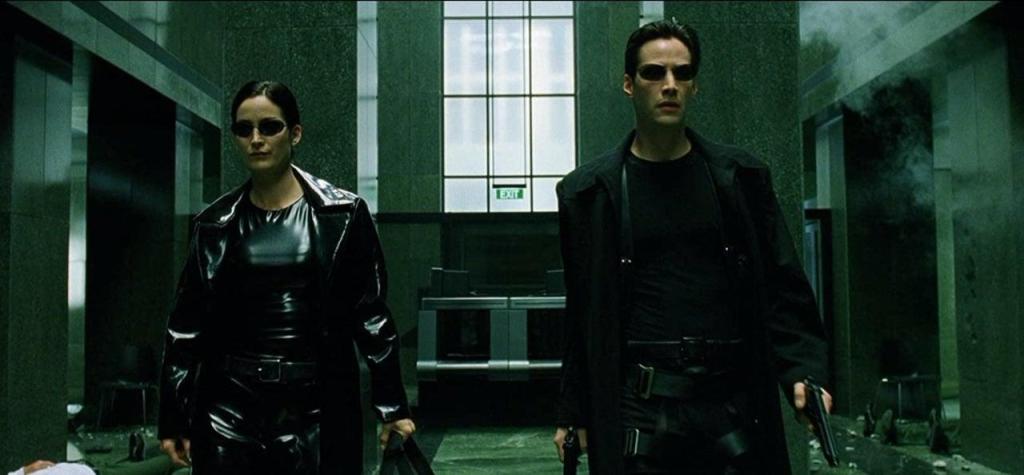The Matrix Resurrections is at the center of a lawsuit that could have implications for the entire movie industry following the COVID-19 pandemic. Last month, Village Roadshow Pictures filed a lawsuit against Warner Bros. for releasing the Matrix sequel on HBO Max. Village Roadshow argued that Warner Bros. knowingly sacrificed the movie’s theatrical potential to support its streaming service profits.
WarnerMedia released all of its new movies in 2021 on HBO Max as well as in theaters, and in most cases the company had complete control of distribution rights even if other studios participated in the film’s creation. According to a report by Variety, Village Roadshow did not agree to this distribution method. In this case, it also argued that this stunt had a negative impact on the earning potential of the entire Matrix franchise, including future projects. Warner Bros. has already responded, and the lawsuit is becoming heated both in the courtroom and in the headlines.
Videos by PopCulture.com
The Matrix Resurrections grossed about $148 million at the box office, which is abysmal considering its production budget of $190 million. However, most movies performed poorly in theaters during the COVID-19 pandemic because of occupancy restrictions and hesitancy on the part of consumers.
Still, Village Roadshow argues that WarnerMedia “deliberately” harmed The Matrix‘s chance at the box office “to prop up HBO Max, at the expense of the future viability of the franchise.” The company is not only angry about this single movie’s performance but at the lowered chances of hypothetical future Matrix movies getting financing.
Warner Bros. responded in a public statement reading: “This is a frivolous attempt by Village Roadshow to avoid their contractual commitment to participate in the arbitration that we commenced against them last week. We have no doubt that this case will be resolved in our favor.”
WarnerMedia elaborated further the following week in a statement to Indie Wire. It said: “Village’s actions have been duplicitous and this dispute is equally contrived… It is notable that throughout 2021, we reached mutually acceptable agreements on all films in the 2021 slate to provide additional compensation to Talent and our partners in light of our ‘day and date’ release strategy during the Covid-19 Pandemic. The only exception was Village, which refused to honor its commitment to pay their share of production costs, rejecting the opportunity we offered to de-risk them from any financial underperformance.”
Village responded in turn, saying: “WB’s admission leaves no doubt that its coercive conduct is a continuing, thinly-veiled effort to eliminate Village Roadshow’s rights going forward so that it can keep for itself valuable derivative rights to tent pole films, and use those films (and future creative derivative products arising from those films) to steer would-be theatergoers to HBO Max, thereby gaining billions in enterprise value.”
The issue at hand here is the possibility of more Matrix content, but a full-on sequel to Resurrections is not in the works just yet. Back in December, producer James McTeigue told Collider: “I think the film also works where it’s really open to audience interpretation, like what happened in those 60 years before they fished Neo out again, or Thomas Anderson to Neo. When Neo and Trinity are there at the end, and they’re talking with the analyst, what do they actually mean that they’re going to change? So I think that it’s out there, but it’s not in our wheelhouse at the moment.”
The Matrix Resurrections got generally positive reviews, and it’s unclear if its box office performance was balanced by an increase in subscribers at HBO Max. At the time of this writing, The Matrix Resurrections is still showing in some theaters and is available to rent or purchase on most major digital stores. It is not currently included in the HBO Max library.









